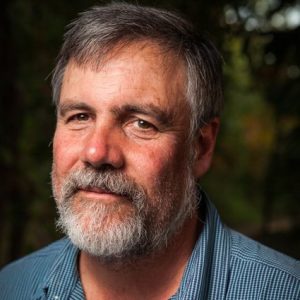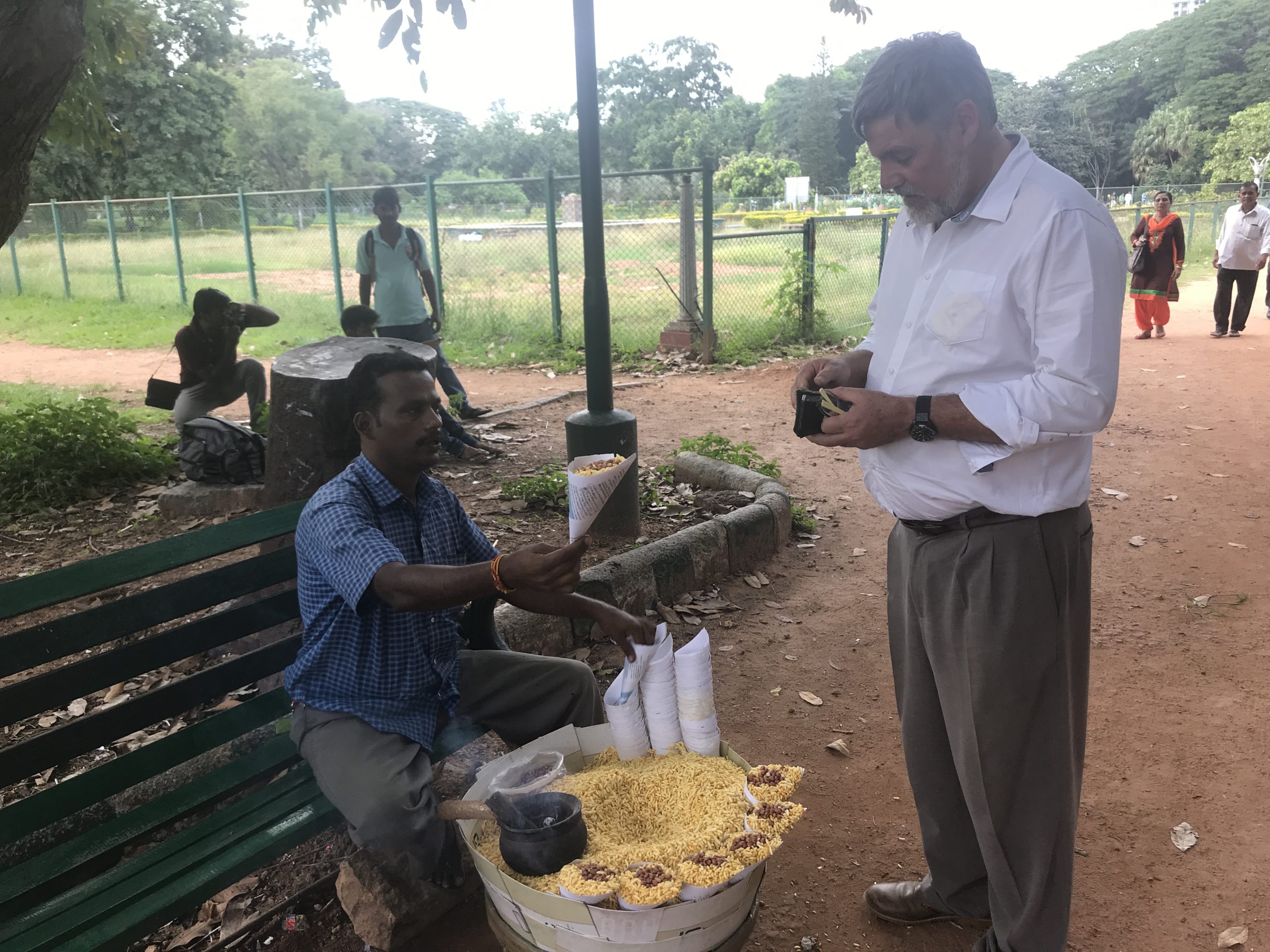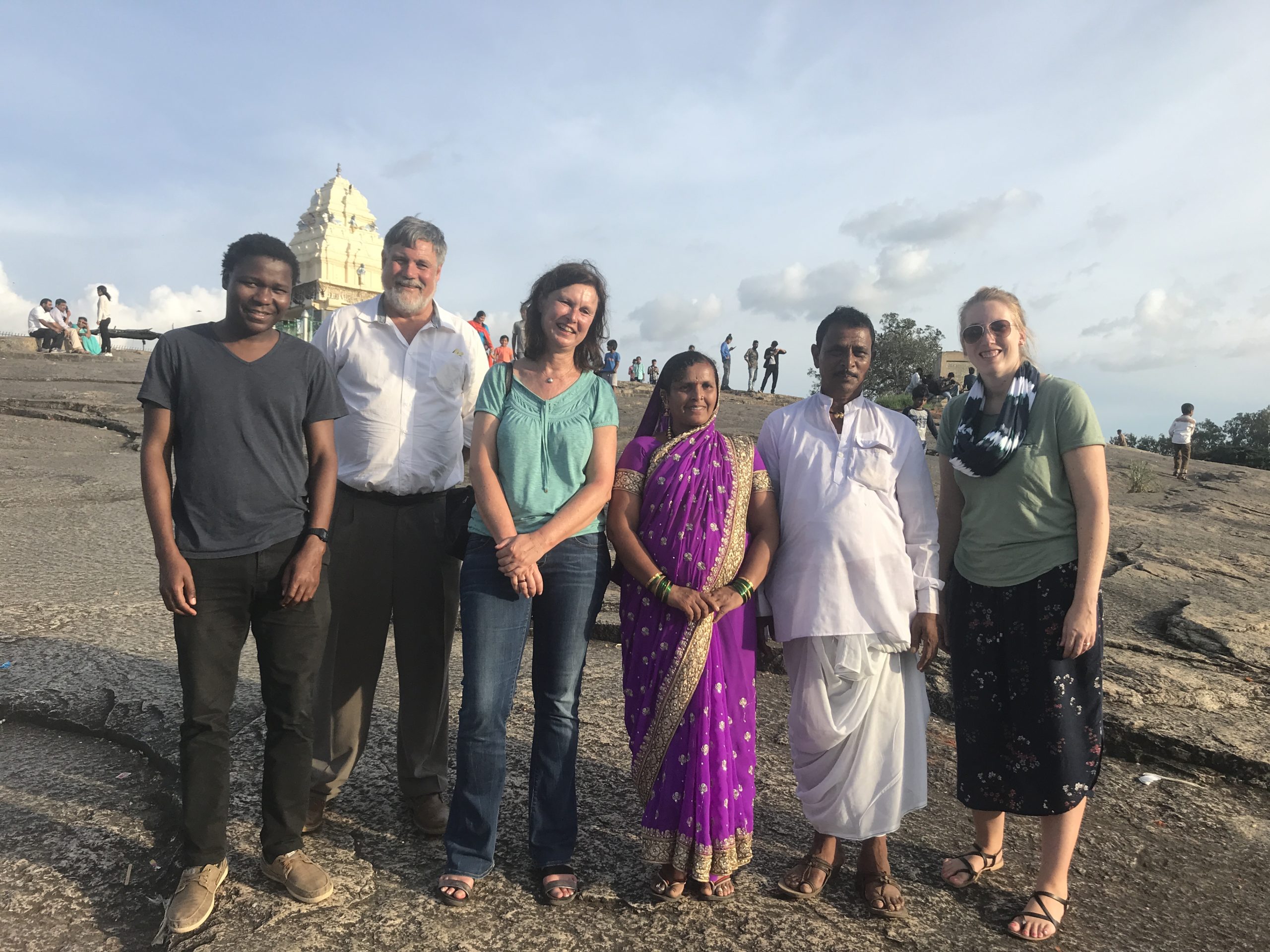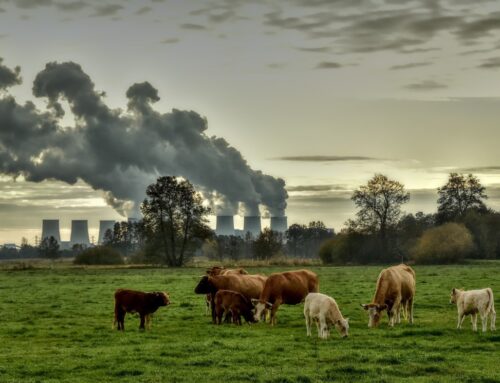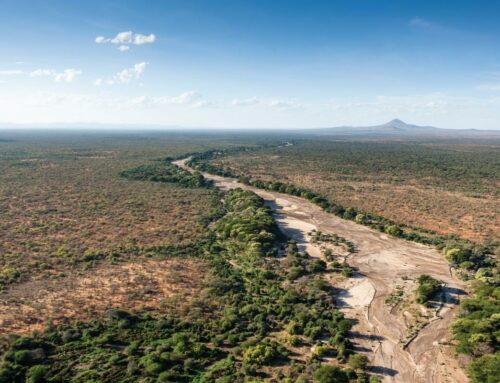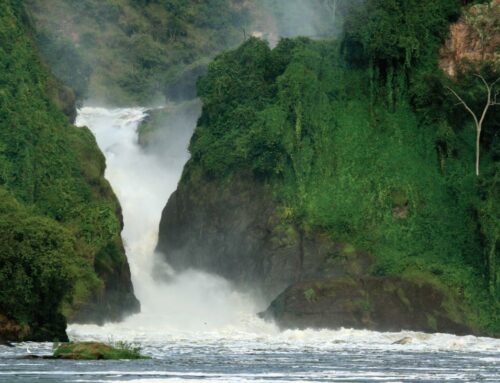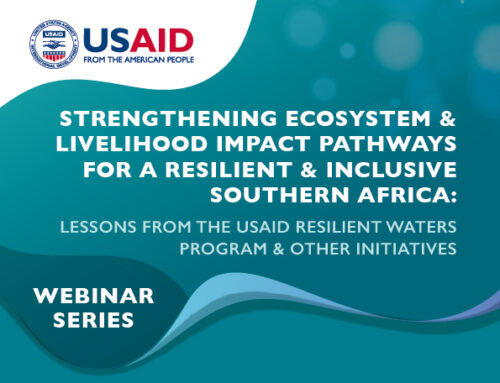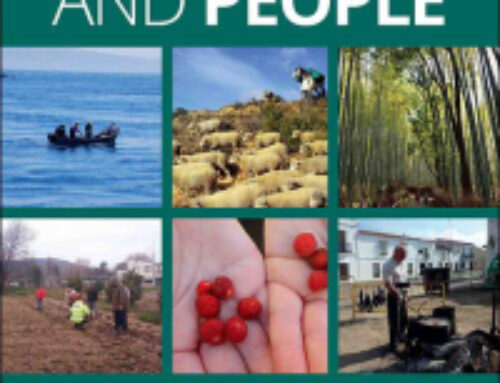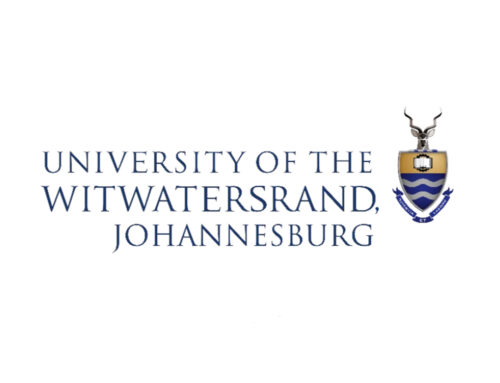A few years back, an invitation went out to SAPECS researchers to write a short profile on themselves for our website. Bob sent through the following:
“Profile: Professor of Systems Ecology, expert on ecosystem dynamics, particularly in savannas. Leader of scientific assessments. Teacher of systems theory and sustainability.
A remarkably succinct and understated summation of a globally renowned, A-rated scientist who was in the top one per cent of environmental scientists worldwide based on citation frequency, and one of the world’s leading scientists on climate change.
Since his unexpected passing last week whilst hiking in Namibia, Bob has been remembered as “a giant in the field of climate science”, “a dedicated scientist”, and “an inspiration”. His exceptional breadth of knowledge and understanding of complex issues combined with a fair, calm and decisive air made him a legendary force in South Africa and internationally.
Bob was one of the founder members of SAPECS, and played an instrumental role in various initiatives that preceded and interlinked with SAPECS. He was an important ambassador of our work, and shared learnings and insights from SAPECS in regional forums, as well as in the international PECS network, where he served on the inaugural PECS science committee.
We remember Bob with great fondness and send our deepest condolences to his loved ones, and all those whose lives he touched. We all have a story to tell when we think of Bob, and below we share some of our memories. Further contributions are welcome; please send these to cramer@sun.ac.za.
——————————–
“Bob was an inspiring and passionate mentor and supporter of young scientists, opening doors and creating amazing opportunities for many who worked with him. He was always full of ideas, and generous in sharing these, and giving critical and detailed feedback – even to those he did not know, or who didn’t ask for it. One could always drop him a note and get some valuable and quick insights on an idea or an issue. I will deeply miss his company, insights, ideas and stories.”
– Oonsie Biggs
——————————–
“Bob Scholes taught me from very early on in my career that it takes more than good science to make a good scientist. His incredible commitment to making science relevant and useful was astounding. Whether it was for an enormous intergovernmental process or a small group of kids he delivered with depth, insight and a lot of joy.”
– Belinda Reyers
——————————–
“I met Bob as an undergraduate student at the University of Cape Town in the late 80s (ironically we met in the same Pearson building that burned just over a week prior to his untimely passing). He and Mary were doing replacement teaching on a module I was taking; I remember being impressed then by his bold confidence and clear intentions; traits that would carry him to global respect. I was also impressed with how Mary handled him with equal energy and force. In those days that was rare; women rarely featured in the academic circles I was observing from a distance, whilst questioning if this was the path I should take. I took inspiration from their clearly balanced partnership and true passion for their subject. Since then, I had the chance to interact from time to time with Bob over my own career – at SAAB meetings, through SAPECS and IPBES. Bob’s ability to think in a big picture systems way was remarkable; it seems to me that he grabbed life and opportunity to the full and went for it. While cut short, his life certainly was full and meaningful. To Mary and Sterling, I’m deeply sad for your loss. May celebration of Bob’s remarkable life and work carry you forward.”
– Karen Esler
——————————–
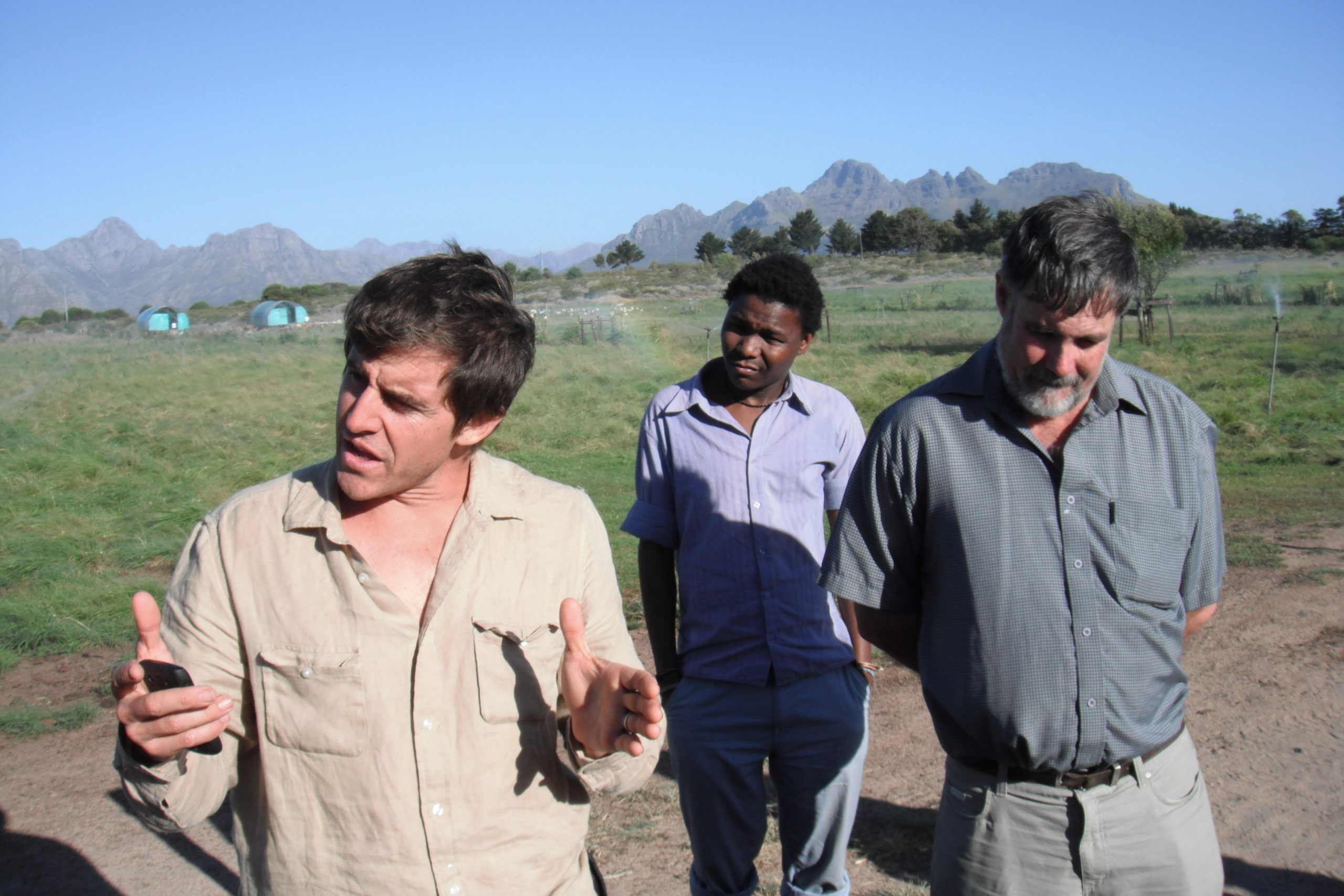 “I met Bob as an early career PhD student on a SAPECS field trip where we were taken on a tour of an organic farm. The unsuspecting farmer was giving us a talk on low emission farming and Bob almost succeeded in not responding (see picture of Bob trying his very hardest to just listen)- one incorrect comment too many and Bob proceeded to educate the farmer, and the rest of us, on the link between farming, climate change and land degradation.”
“I met Bob as an early career PhD student on a SAPECS field trip where we were taken on a tour of an organic farm. The unsuspecting farmer was giving us a talk on low emission farming and Bob almost succeeded in not responding (see picture of Bob trying his very hardest to just listen)- one incorrect comment too many and Bob proceeded to educate the farmer, and the rest of us, on the link between farming, climate change and land degradation.”
– Nadia Sitas
——————————–
“I retain a vivid memory of my first resilience lecture. It was 2005 and I was sitting in the top floor corner classroom in APES at Wits with Prof Bob Scholes calmly drawing ball and cup figures on the blackboard that would stay with me in various guises through my academic career. Bob was a brilliant researcher, but an equally considerate teacher who could explain some of the most complex ideas in terms that even undergrads could grasp!
From then on Bob was a part of my professional career, not only because his wife Mary was my Honours supervisor, but because he was involved in all of the most important global change and sustainability research undertakings and so it was hard NOT to meet him. I recall coming in to breakfast at a hotel in Montreal in 2013 and bumping in to Bob who was there for a Diversitas meeting. I was honoured when he asked me to run a session on Science for Transformation and Transformation for Science at the PECS with him at the PECS conference in Oaxaca in 2017.
Bob leaves an unfillable hole in South Africa’s sustainability research community, but at the same time, his incredible legacy endures in the decades of cutting-edge research that he has undertaken and all of the lives that he has impacted; from mentoring students, to leading global environmental assessments. Bob, you will be sorely missed, but those of us left behind will try our best to take up the charge and continue with the vital work that you have pioneered.”
– Laura Pereira
——————————–
“I remember, several years ago, being out to dinner in Stellenbosch with a group of attendees of some or other meeting. Someone shared a Bob anecdote, which started a spontaneous flow of more people sharing stories of their own Bob-experiences. It seemed as if everyone around the table has had some memorable experience with Bob, often in the form of a valuable lessons learned from his uniquely forthright style of commenting on a proposal or research paper. An actual example was: ‘As far as this proposal goes, which happens to be not very far…’ The free flow of anecdotes were only temporarily paused when, somewhat out of the blue, Bob appeared and joined the table – and quite contently listened to people sharing a few more Bob anecdotes!
My own Bob story goes back to around 2007, when both Bob and I worked at CSIR. I led a paper on hypothetically redesigning Kruger National Parks to spatially optimise the park for river conservation. Bob agreed to be a co-author, but I had difficulty getting input from him . When the multidisciplinary team of authors finally felt that the manuscript was ready to be submitted, I tried one last time to get comments from Bob. A day or two later I had his feedback, starting with “There are three fatal but fixable flaws in this paper”. He then clearly and concisely outlined each of the flaws and also how they needed to be fixed. Well, we got working again and eventually submitted a much improved manuscript (co-authored by Bob) that received positive reviews and even praise from the journal editor.”
– Dirk Roux
——————————–
“Along with most of our colleagues in the environmental and climate sectors, we were shocked to hear of Bob’s sudden death on a hike along the Kunene River with colleagues and friends. To complement the wide range of international and national tributes that are now appearing, we wish as Rhodes Restoration Re-search Group, to pay a short tribute of our own, highlighting the very significant meaning he brought into our two programmes – Tsitsa and Thicket.
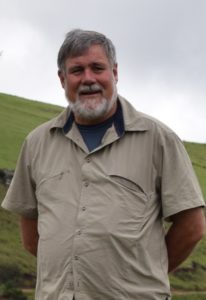 In the broad and magnanimous way that he helped persons and causes, Bob gave valuable slices of his time to Tsitsa and to Thicket, we would like to believe because they are both worthwhile, compelling and crucial initiatives. He often said as much to us, and it was highly motivating to hear his encouraging words and to hear elsewhere that he was acting as an ambassador for our efforts in wider circles too. He served with diligence and care on the strategic advisory panel (affectionately called the “Wisdom Trust”) that met in the Tsitsa catchment annually, and mixed constructively and cordially with the range of experts and the local stakeholders – his influence was astonishing and wide-ranging, without being overbearing. After these meetings and further thinking through, he would invariably have additional comments to discuss, or which he sent in writing.
In the broad and magnanimous way that he helped persons and causes, Bob gave valuable slices of his time to Tsitsa and to Thicket, we would like to believe because they are both worthwhile, compelling and crucial initiatives. He often said as much to us, and it was highly motivating to hear his encouraging words and to hear elsewhere that he was acting as an ambassador for our efforts in wider circles too. He served with diligence and care on the strategic advisory panel (affectionately called the “Wisdom Trust”) that met in the Tsitsa catchment annually, and mixed constructively and cordially with the range of experts and the local stakeholders – his influence was astonishing and wide-ranging, without being overbearing. After these meetings and further thinking through, he would invariably have additional comments to discuss, or which he sent in writing.
He brought much the same verve and vigour into key workshops he attended in the Thicket Programme, and as in Tsitsa, interacted afterwards with colleagues on interesting issues such as applicable techniques or monitoring protocols. Almost everyone he met with felt personably treated and it was an opportunity for many students to mix with and learn from this celebrated scientist. He had a partic-ular ability to make complex issues easily understood by any audience at any level, a true gift we all admired. He was a mentor, a friend, and of deep theoretical and great practical help to many of us. He would respond freely whenever asked. We will miss him sorely, but will surely be using much of the foundation he help us build, for a long time yet.
Our sympathies go to his wife and our valued colleague Mary, and their son Stirling. Thank you for sharing Bob with us over the years.”
– Rhodes Restoration Research Group
——————————–
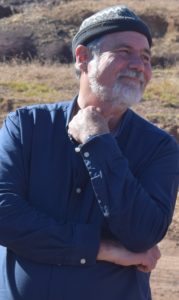 “People like Bob are so larger than life that one thinks they will surely always be around! Bob has been part of my ‘professional landscape’ since my student days at Wits in the 1980s (when I was admittedly terrified of him because of his reputation for delivering forthright criticism during student presentations). I have appreciated his generosity, his wit, his intellect, his wide ranging interests and his leadership in the environmental/climate field. He is one of the giants on whose shoulders I stand. As do so many others.
“People like Bob are so larger than life that one thinks they will surely always be around! Bob has been part of my ‘professional landscape’ since my student days at Wits in the 1980s (when I was admittedly terrified of him because of his reputation for delivering forthright criticism during student presentations). I have appreciated his generosity, his wit, his intellect, his wide ranging interests and his leadership in the environmental/climate field. He is one of the giants on whose shoulders I stand. As do so many others.
“Charlie and I first encountered Bob and Mary when we were undergrads at Wits and he and Mary were postgrads in the Botany Department. During one of our recent early morning walks with our dogs, we began sharing our stories and anecdotes related to ‘Bob moments’. A favourite, and one I have never forgotten, happened during one of the annual Wits Resource Ecology Group meetings when I presented some results related to my Masters study on the distribution and harvesting of thatch grass (Cymbopogon validus) in Mkambhati Game Reserve (in the former Transkei). I had referred to ‘bundles’ (of grass) in one of my tables and Bob asked me, in all seriousness, since when had bundles become an SI unit? (or perhaps it was, in retrospect, tongue in cheek). Charlie, for whom Bob was his PhD supervisor, mentioned a particular quizzical tilt of his head and the cocking of an eyebrow that was a clear indicator that it was time to stop talking or else embarrass yourself. We both can’t believe and are deeply saddened that we will never cross paths with Bob again, both in expected and unexpected places. But, of course, there is still all the rich writing and other resources he has left behind to dig our teeth into.”
– Sheona and Charlie Shackleton
——————————–
“I met Bob in Skukuza in 2000 while completing my undergrad. He gave a lecture at scientific services on the recent IPCC report; I experienced it as a real call to arms! Chatting afterwards, I
asked how I can get involved in work like this; next thing he offered me an assistantship at CSIR to look at historic land use change in South Africa. It was incredibly exciting! I took this up as my honours project, and then went on to do my Masters with him also, as part of which we developed the Biodiversity Intactness Index. By that time, Bob had become involved in the Millennium Ecosystem Assessment, and I assisted with the Southern African Regional Assessment (SAfMA), as well as joining some of the global assessment meetings held in exotic places around the world (below, a picture taken in Egypt at the MA conference in 2004).
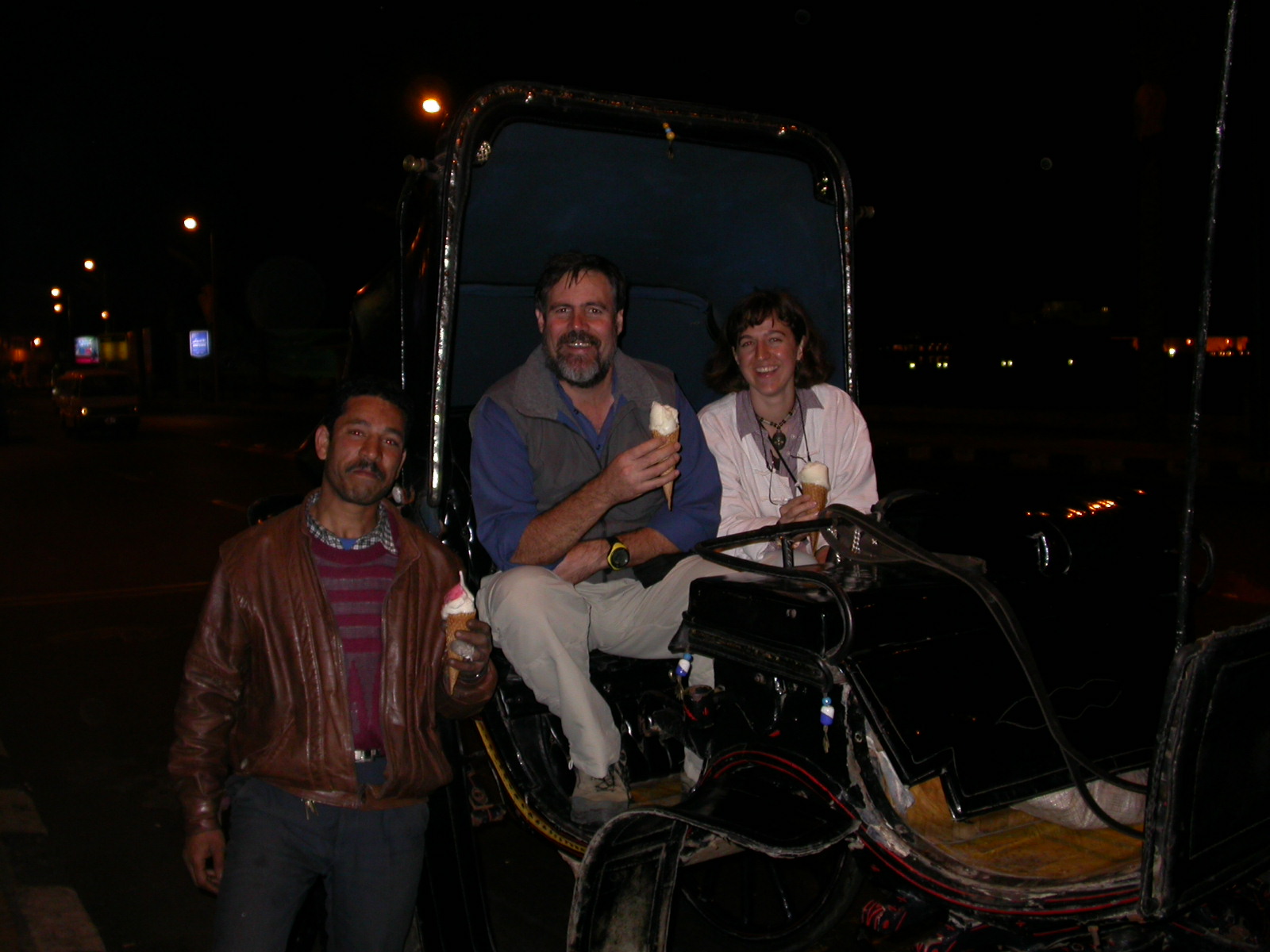 This opened up an amazing network of relationships and opportunities that has profoundly shaped my research interests and subsequent career trajectory, and also informed and shaped the establishment of SAPECS in 2012. I feel deeply fortunate and grateful that our paths intersected, and hope I can honour this by creating similar inspiration and opportunities for the next generation of researchers. ”
This opened up an amazing network of relationships and opportunities that has profoundly shaped my research interests and subsequent career trajectory, and also informed and shaped the establishment of SAPECS in 2012. I feel deeply fortunate and grateful that our paths intersected, and hope I can honour this by creating similar inspiration and opportunities for the next generation of researchers. ”
– Oonsie Biggs
——————————–
It was only recently that I learned about Bob’s passing. The news came as quite a shock, and I had a hard time believing it. Larger than life, as one of the other contributors to this site of remembrance put it, it is hard to believe he will not be attending any future (SA)PECS events anymore.
I met Bob when – as former Millennium Ecosystem Assessment participants – we were asked to join the Science Committee of the Programme on Ecosystem Change and Society (PECS). I was at the early stages of my career as a social scientist, Bob was a seasoned natural scientist with a solid international reputation. Since the first meeting at the offices of ICSU in Paris in 2010, we met regularly through video meetings and ‘live’ meetings and events. Despite the fact that I’m European, based at a European university, I managed to become a member of SAPECS – where I truly feel at home, given that most of my research contacts and projects are based in Southern Africa – where we met as well, and engaged in lively discussions. I recognize and remember the SAPECS field trip Nadia refers to in her contribution.
While we did agree on the most important objectives of PECS and SAPECS, we did not always agree on how to reach those. He was a fierce debater, passionate about science, but also someone with whom you could have drinks and a nice dinner with, after having ‘crossed swords’ and a great storyteller indeed!
My last PECS SC meeting, before my second term as a member ended, was in Bangalore. After the meeting, Bob, Odi, Megan and I managed to squeeze ourselves into a motorized rickshaw and off we went to the botanical garden. Bob bought some snacks from a vendor which he shared with us. We attracted quite a lot of attention, and suddenly there were these two brothers, who had taken their parents for a day out, who asked if we wanted to pose for a picture with their parents. We were a bit taken aback by the request, but the end result is shown below. He will be sadly missed and my sympathies are with his wife and son.
Marja Spierenburg


